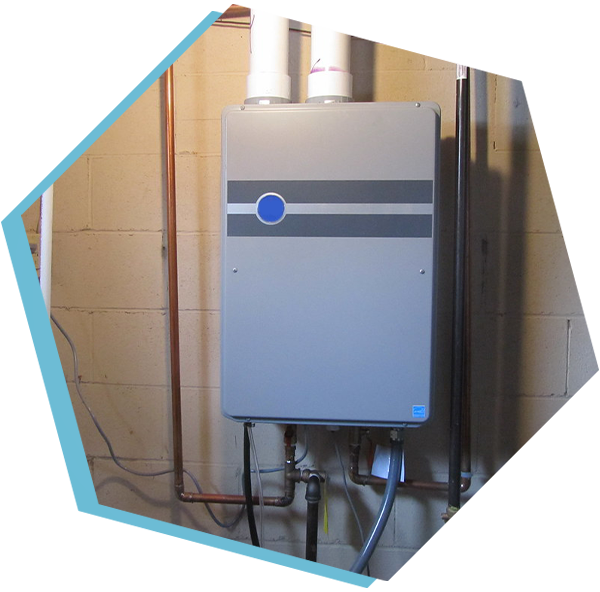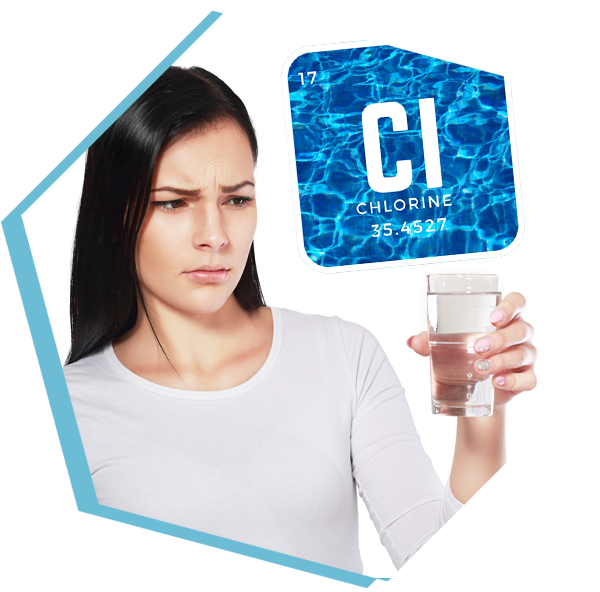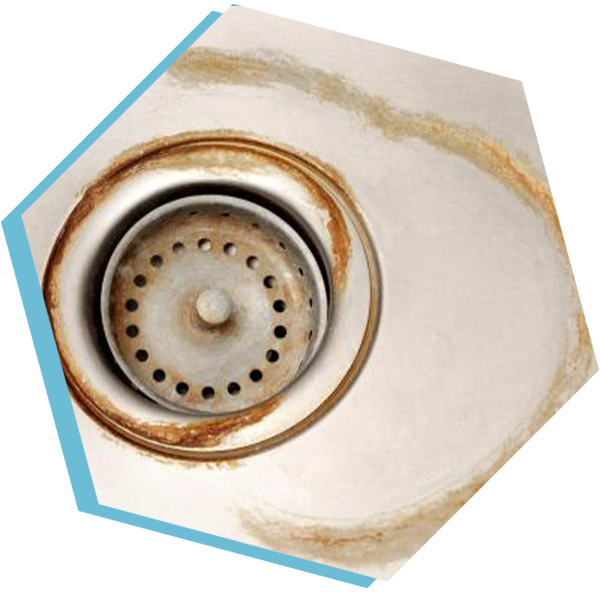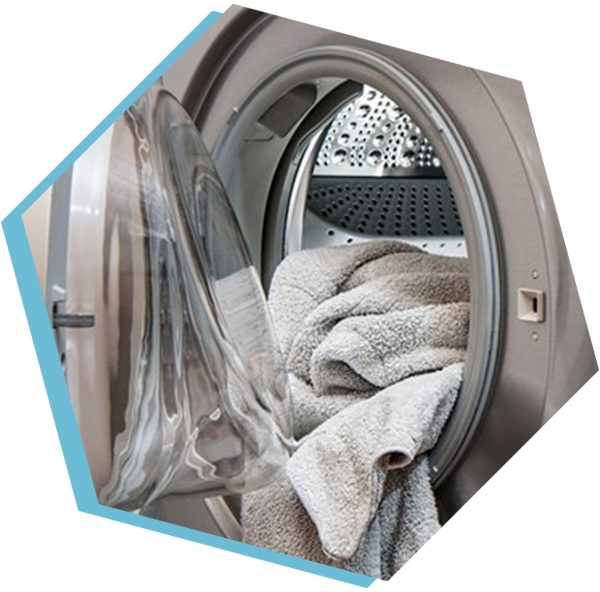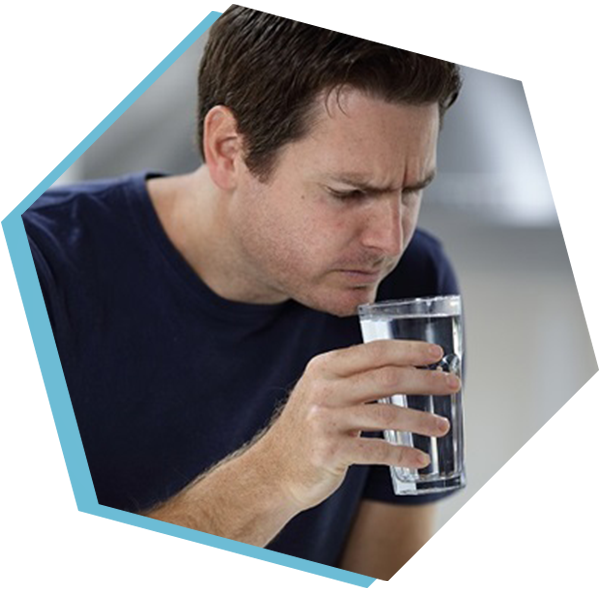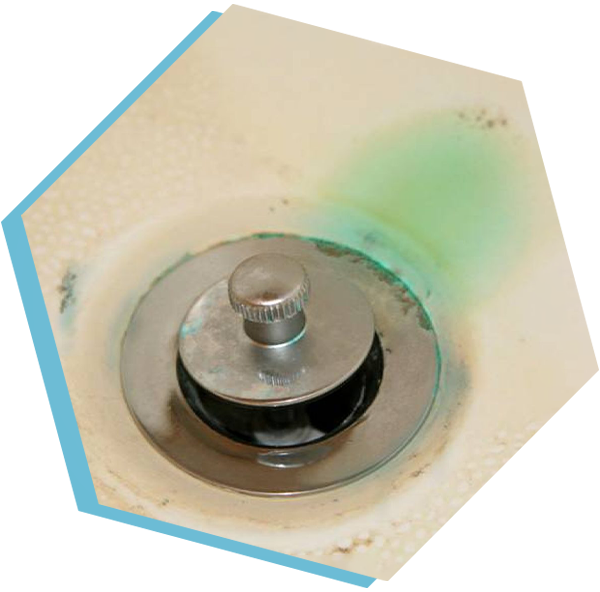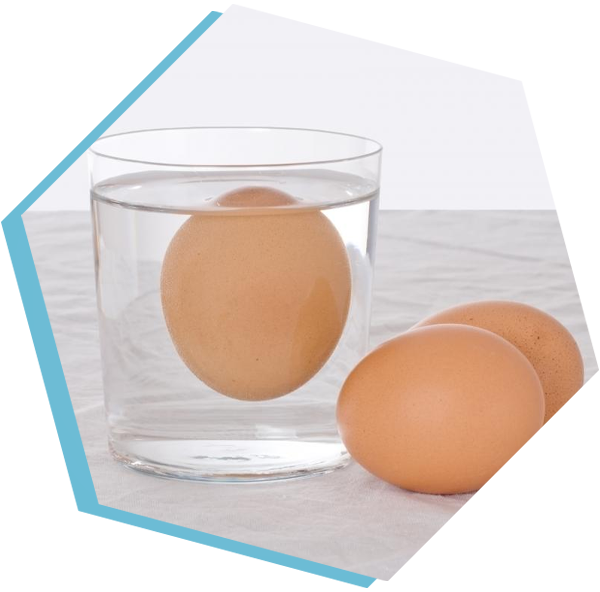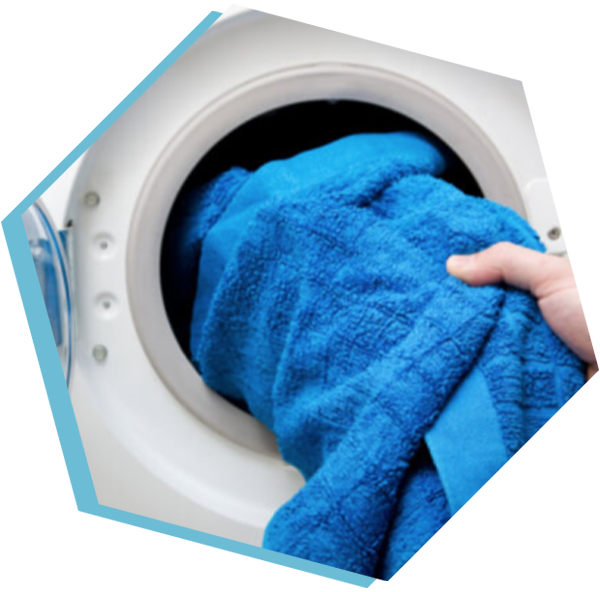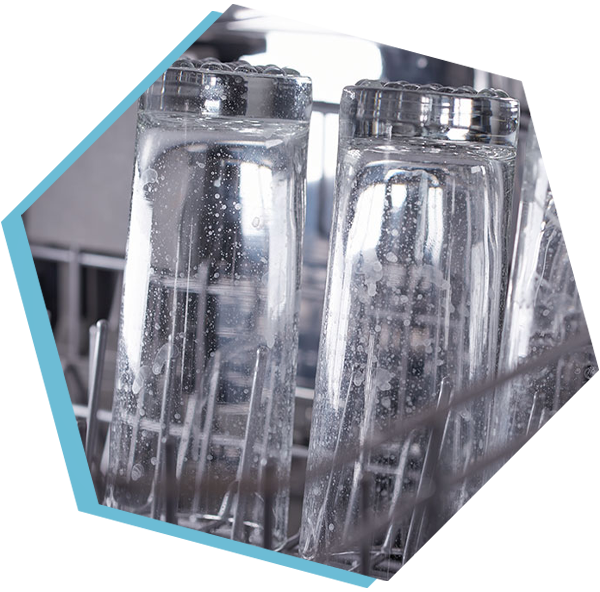Frequently Asked Questions
Drinking Water FAQ’s
Reverse Osmosis Explained
Reverse osmosis it the process whereby water is forced through extremely small holes in a semi permeable membrane. These holes are at the level of the actual water atoms themselves. As such a reverse osmosis system can reduce contaminants that ordinary filter systems cannot. Reverse osmosis systems can reduce total dissolved solids, salts, lead, Chromium VI, arsenic, Nitrates and many other contaminants that other filter systems cannot. If your water analysis indicates any of these constituents then Ro may be the best choice for your needs.
Can I use a carbon filter instead of a reverse osmosis system?
Yes. The choice of a carbon filter or reverse osmosis will depend on the quality of water you are looking for and the source of your drinking water. If your source is a low dissolved solids municipal water system with high chlorine levels then a high quality carbon filter may be a good option. However if your dissolved solids are high you may be better off with the higher filtration ability of reverse osmosis which can easily reduce the dissolved solids level.
Is the filter that came with my refrigerator good enough?
While having a built-in carbon filter in your refrigerator does provide a basic level of filtration the use of a professionally installed reverse osmosis or high quality carbon filter will provide you with a better solution. The professionally installed filter can serve both your drinking water at the kitchen sink and the refrigerator with a single unit. If you select a reverse osmosis unit to serve both the refrigerator and drinking water faucet you will have the advantage of a much higher quality of water with reduced dissolved solids resulting in both better tasting and more refreshing water while also providing much clearer ice in the process.
Water Softner FAQ’s
Does soft water taste salty?
No. A water softener in good operational condition will only add a small amount of sodium to the water. Typically, this is significantly less than the amount of salt in an 8-ounce glass of milk or one slice of white bread. If you are concerned about even that small amount of sodium you can use potassium chloride to regenerate your softener instead of sodium chloride.
What is the difference between a water softener and a water conditioner?
A water softener is specifically designed to remove hardness. A water conditioner is a device that improves the water but does not necessarily soften the water. Some water conditioners such as the Evolve Ev series can both soften the water, remove iron, and at the same time neutralize acidic water. Other water conditioners may make the water less likely to leave hard water scale but do not actually remove the hardness.
How much salt or potassium will a typical residential water softener use?
Modern high efficiency water softeners only regenerate based on the actual amount of water used in the household. The average size household will only have to fill their softener with salt or potassium once or twice per year.
Will my water be slippery?
Modern water softeners can be equipped with adjustment controls that allow you to control how soft the water is. It is preferable to allow the softener to completely soften the water because it prevents the maximum amount of scale from entering your household water. If you prefer not to have completely soft water simply inform your Conner Water systems expert know your needs and we will configure the system to your specifications.
Does a water softener remove all contaminants from my water?
No. A water softener will not remove all the contaminants in your water. The softener will remove calcium and magnesium. These are the components in water that contribute to what is commonly known as hard water. There are several other contaminants in water that a softener will take out under the correct circumstances. A softener can reduce ferrous iron, manganese and a few other contaminants. But a water softener will not remove all contaminants from water.
Does soft water have chemicals in it?
No. The only thing that is used in the process of softening water is either salt or potassium chloride. While the actual process is a bit more involved the salt or potassium is used essentially to clean the accumulated hardness off of the filter media. In this process the salt or potassium used to perform the regeneration will be present in very small amounts in the treated water. If you use salt then a small amount of sodium will be present in the treated water. If you use potassium chloride then a small amount of potassium will be present in the treated water. Potassium is present in plants and high amounts of potassium are found in vegetables, bananas, carrots and other plant based foods.
How long will it take for my water to be soft after I install my softener?
When the softener is installed it will provide immediate soft water. It will however take some time for the soft water to flush through the plumbing in your house. The cold water will flush through very quickly. The amount of time that it takes to flush the hard water from your household pipes will depend on whether or not you have a conventional tank style water heater or a demand heater. The tank style heater may take several days to completely flush through. The actual time required depends on the size of the water heater and the amount of water you use per day. In general it takes three or so days to completely flush the hard water from the system.
Will I see a loss of pressure when I install a softener?
No. A properly sized water softener will in no way reduce the water pressure in your house. The Conner water systems expert will evaluate your household flow requirements and insure that the properly sized system is selected.

